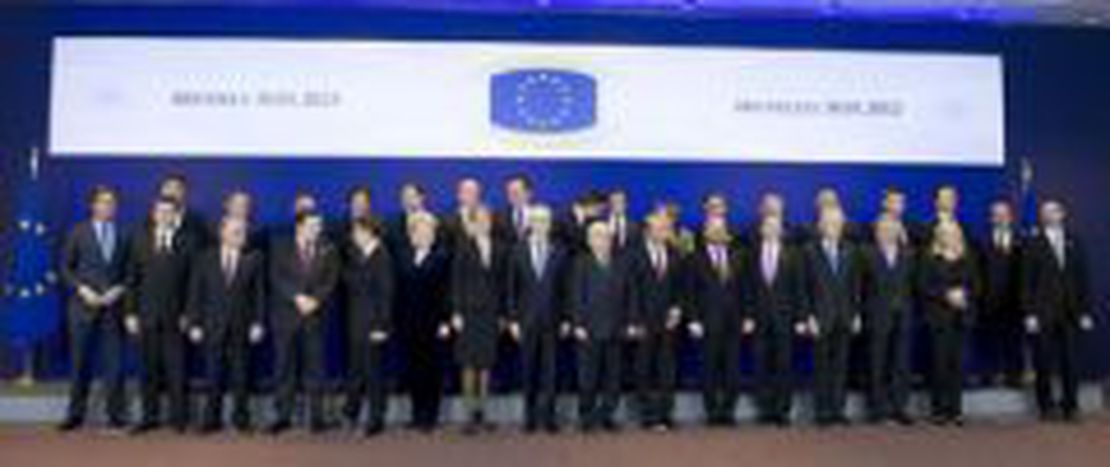
European Summit: wounded but still going on
Published on
Translation by:
Nathalie JusseaumeBy Nicolas Arens, Translated by Danica Jorden A new Summit will make its debut this Thursday in Brussels. On the menu: the economic crisis and some other slightly more exciting topics. But thanks to Germany, it must be said, setting the agenda was somewhat of a struggle. There will be no talk of the European firewall, instead concentrating on employment, growth, and EU membership.
Europe is in crisis, nothing new about that. Europe knows all about crises, they might even be considered a European speciality. As Jean-Claude Juncker put it, “Europe is in crisis, therefore it exists.”
While the sovereign debt crisis seems to last forever in Europe, we can expect strong measures by European leaders. But will this also be the case as we learn that Germany refuses to discuss the European Stability Measure (ESM), although other member-states and even the G-20 are demanding such a “firewall”? The impasse must be surmounted, at least this time, while other discussions animate Friday morning’s breakfast. As long as the climate doesn’t become too stressed, some positive results can be expected, such as the agreement to support employment and growth in the EU or the partial lull on the Greek front.
Nevertheless, apart from beating us over the head about “their crisis,” let’s not forget the good sides of the Summit. In any event, it’s a great moment for Serbia. Despite Romania’s reluctance of late, Serbia should soon gain candidate status. The same cannot be said for Bulgaria and Romania’s entry into the Schengen zone, about which it is the Netherlands that is reluctant. At the international level, we can expect new discussions on Syria as well as the Arab Spring. The council will also have to hold international summits at the G-8, G-20 and Rio+20.
Translated from Europa-Gipfel: gekürzt, aber nicht gestrichen



